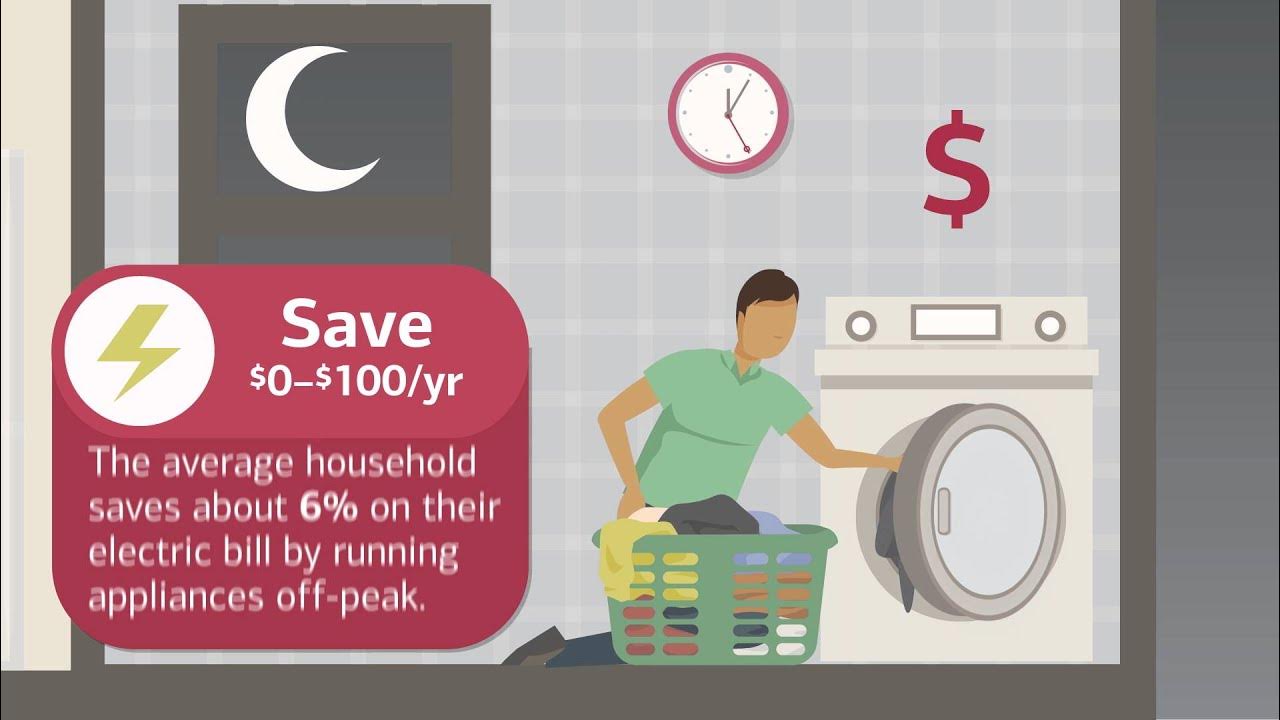Saving money on everyday expenses is a smart and effective way to boost your financial health. By making small adjustments to your daily habits, you can significantly reduce your spending and increase your savings. Here are eight practical ways to save money on everyday expenses.
1. Create a Grocery Budget and Stick to It
Grocery shopping is a major part of most households’ expenses. To save money, create a grocery budget based on your needs and stick to it. Plan your meals in advance, make a shopping list, and avoid impulse buys. Buying in bulk for non-perishable items and choosing store brands can also help reduce costs.
2. Cut Back on Dining Out
Eating out can be expensive, especially if done frequently. To save money, try cooking at home more often. Prepare meals in batches to save time and money, and bring homemade lunches to work instead of buying food every day. Reserve dining out for special occasions or treat it as an occasional indulgence.
3. Use Coupons and Discounts
Take advantage of coupons, discounts, and cashback offers to save money on everyday purchases. Many stores offer loyalty programs, digital coupons, and discount apps that can help you save on groceries, clothing, and other essentials. Before making a purchase, search online for available coupons or promotional codes.
4. Reduce Utility Bills
Cutting down on utility bills is another effective way to save money. Simple actions like turning off lights when not in use, unplugging electronics, and using energy-efficient appliances can lower your electricity bill. Additionally, consider lowering your thermostat in the winter and raising it in the summer to save on heating and cooling costs.
5. Cancel Unnecessary Subscriptions
Review your monthly subscriptions and cancel any that you no longer use or need. Many people subscribe to streaming services, magazines, or apps that they rarely use. By canceling unused subscriptions, you can free up extra money each month that can be redirected to savings or other essential expenses.
6. Shop Smart for Clothing
Clothing expenses can add up quickly, especially if you’re buying new items frequently. To save money, consider shopping during sales, at outlet stores, or at thrift shops. Buying quality, versatile pieces that can be mixed and matched will also reduce the need to purchase new clothing frequently.
7. Use Public Transportation or Carpool
Transportation costs can be a significant part of your budget. Save money by using public transportation, biking, or carpooling instead of driving alone. If you must drive, consider combining errands to reduce the number of trips you take. Regular maintenance of your vehicle, such as keeping tires properly inflated, can also improve fuel efficiency and save money on gas.
8. Limit Impulse Purchases
Impulse buying can quickly drain your budget. To avoid unnecessary expenses, practice mindful spending by asking yourself if you really need an item before purchasing it. Waiting 24 hours before making a non-essential purchase can help you decide whether it’s worth the cost.
Conclusion
Saving money on everyday expenses doesn’t require drastic changes—small, consistent efforts can lead to significant savings over time. By implementing these eight strategies, you can reduce your daily costs and have more money available for savings, investments, or other financial goals. Start making these changes today and watch your savings grow.









